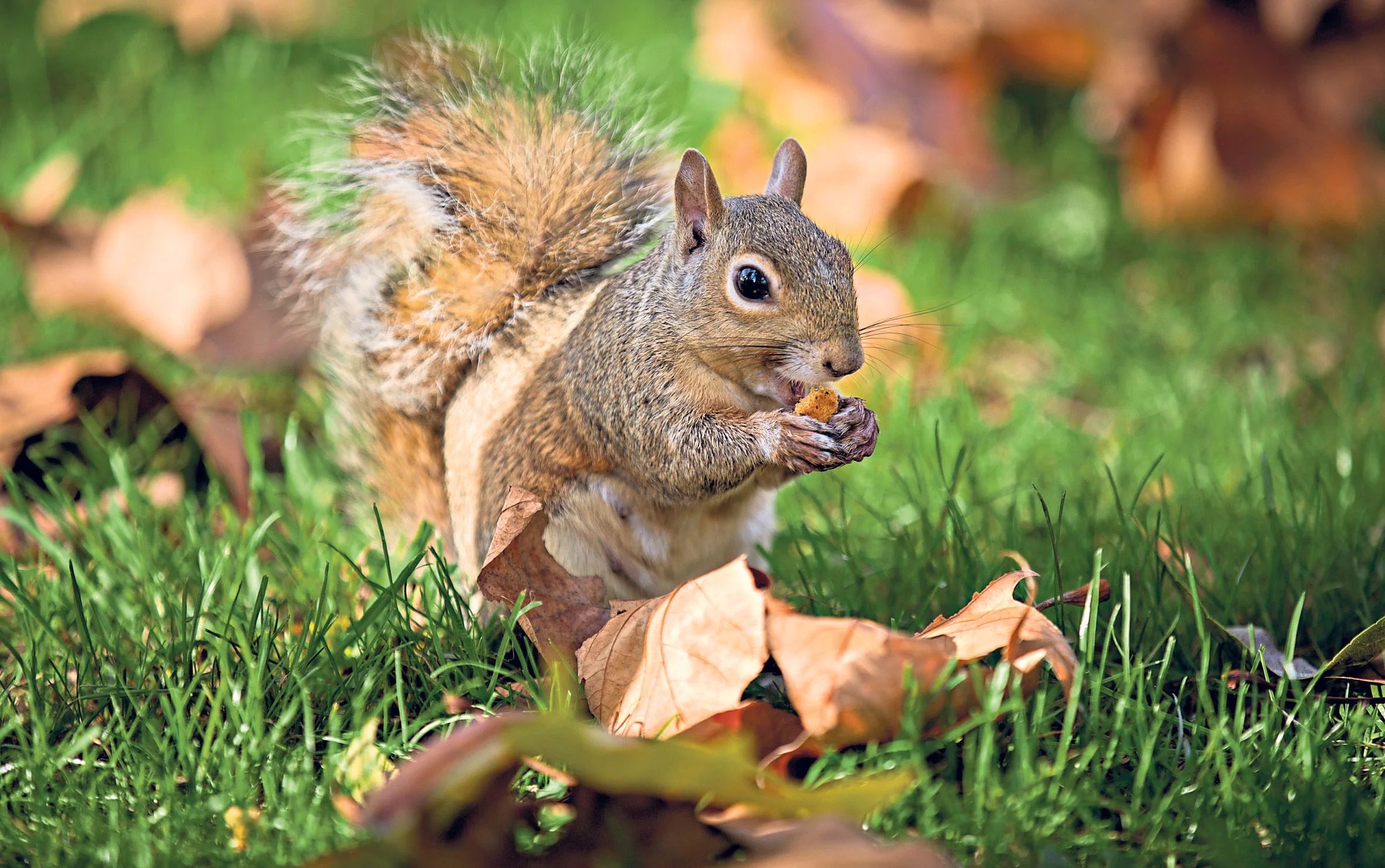

Articles
How To Get Rid Squirrels In Garden
Modified: September 2, 2024
Learn effective gardening techniques to keep squirrels out of your garden and protect your plants. Find out how you can get rid of squirrels in your garden easily and naturally.
(Many of the links in this article redirect to a specific reviewed product. Your purchase of these products through affiliate links helps to generate commission for Storables.com, at no extra cost. Learn more)
Introduction
Squirrels can be delightful creatures to observe in their natural habitat, but they can quickly become a nuisance when they invade your garden. These furry critters have a knack for digging up and devouring your freshly planted fruits, vegetables, and flowers. If you’re tired of finding your hard work destroyed by squirrels, it’s time to take action.
In this article, we will explore various methods and techniques to effectively get rid of squirrels in your garden. Whether you prefer natural repellents, physical barriers, or even considering trapping and relocating them, we’ve got you covered.
Before we dive into the solutions, it’s important to understand a bit about squirrel behavior. This knowledge will help you make informed decisions on how to best address the problem.
Key Takeaways:
- Understanding squirrel behavior and identifying the damage they cause is crucial for implementing effective solutions to keep them out of your garden. Experiment with natural repellents and physical barriers to find what works best for your specific squirrel problem.
- If DIY methods don’t work, consider seeking professional help to assess the situation, develop tailored solutions, and provide ongoing support to ensure your garden remains squirrel-free. Pest control experts have the expertise and resources to effectively manage squirrel infestations.
Read more: How To Get Rid Of Squirrels In The Attic
Understanding Squirrel Behavior
Before devising a plan to tackle squirrels in your garden, it’s helpful to understand their behavior. Squirrels are agile and resourceful creatures known for their ability to climb trees and leap from branch to branch. They are attracted to gardens because of the abundance of food sources, such as fruits, nuts, and seeds.
Squirrels are diurnal, meaning they are active during the day, which is when they are most likely to cause damage to your garden. They have a strong sense of smell, so they can easily find and dig up buried bulbs and tubers. Additionally, squirrels are known to chew on tree bark, causing damage to your precious trees.
These critters can also pose a threat to bird feeders, as they will eagerly raid the feeders and scatter the food on the ground. This behavior not only diminishes the food supply for the birds but also creates a mess for you to clean up.
Understanding squirrel behavior is essential because it will help you identify the best strategies to deter them from invading your garden. By knowing what attracts them and how they behave, you can implement targeted solutions that will be more effective in keeping them away.
Now that we have a better understanding of squirrel behavior, let’s move on to identifying the damage they can cause in your garden.
Identifying the Damage
When dealing with squirrels in your garden, it’s important to be able to identify the signs of their presence and the damage they can cause. By recognizing the damage early on, you can take swift action to protect your plants and minimize further destruction.
One of the most common signs of squirrel activity is finding chewed or gnawed plants, particularly fruits and vegetables. Squirrels have sharp teeth that allow them to open up fruits and eat the insides, leaving a mess behind. They can also cause damage to vegetable plants by nibbling on leaves and stems.
Another indication of squirrel damage is finding holes dug in your garden soil. Squirrels are expert diggers and will often bury their food for later consumption. They may dig up your newly planted seeds or bulbs, leaving empty holes in their wake.
Additionally, if you have bird feeders in your garden, keep an eye out for spilled seeds on the ground. Squirrels are notorious for raiding bird feeders and causing a mess by scattering seeds everywhere.
Furthermore, pay attention to any tree damage you may observe. Squirrels have a habit of chewing on tree bark, which can compromise the health and integrity of your trees. Look for signs of bark stripped away or gnaw marks on the lower branches.
By being vigilant and identifying the specific damage caused by squirrels, you can better tailor your approach to effectively get rid of them. Now that you can spot the signs of squirrel activity, let’s explore some natural repellents to keep them away from your garden.
Natural Repellents
When it comes to deterring squirrels from your garden, natural repellents can be an effective and environmentally friendly option. These natural substances can help deter squirrels by creating scents or tastes that they find unpleasant. Here are some natural repellents you can try:
- Spicy Pepper Spray: Squirrels have a strong sense of smell, and they dislike the scent of spicy peppers. You can create a homemade repellent by mixing hot pepper flakes or hot sauce with water and spraying it on plants or areas of your garden that squirrels frequent.
- Mothballs: Mothballs contain a strong odor that squirrels find unpleasant. Place a few mothballs near plants or areas where squirrels tend to cause damage. However, be cautious and use them sparingly, as they can be toxic if ingested by pets or wildlife.
- Predator Urine: Squirrels are wary of predators. You can purchase predator urine from a garden store and sprinkle it around your garden to create the illusion of a predator’s presence. This can deter squirrels from approaching your garden.
- Blood Meal or Bone Meal: Sprinkling blood meal or bone meal around your garden can create a scent that squirrels find offensive. They may avoid the areas with these scents, reducing the damage to your plants.
- Ultrasonic Devices: Ultrasonic devices emit high-frequency sounds that are inaudible to humans but irritating to squirrels. Place these devices in your garden to deter squirrels without using any harmful substances.
It’s important to note that natural repellents may need to be reapplied regularly, especially after rainfall, to maintain their effectiveness. Experiment with different repellents to find the one that works best for your garden’s specific squirrel issue.
While natural repellents can be effective, they may not completely eliminate the squirrel problem. For a more robust solution, consider implementing physical barriers in your garden to keep squirrels out.
To get rid of squirrels in your garden, try using natural deterrents like cayenne pepper or predator urine, and consider installing barriers like fences or netting to protect your plants.
Physical Barriers
If natural repellents aren’t providing the desired results, implementing physical barriers in your garden can be an effective strategy to keep squirrels out. Physical barriers create a physical obstacle that prevents squirrels from accessing your plants and garden areas. Here are some physical barriers you can consider:
- Wire Mesh Fencing: Surrounding your garden with wire mesh fencing is a great way to keep squirrels out. Use a mesh with small openings, such as 1/2 inch or less, to prevent squirrels from squeezing through. Bury the bottom of the fence several inches into the ground to prevent them from burrowing underneath.
- Netting: Covering your plants with netting can effectively protect them from squirrel damage. Make sure the netting is securely fastened and doesn’t leave any gaps for squirrels to squeeze through.
- Trellises and Cages: Building trellises or cages around vulnerable plants can create a physical barrier that squirrels cannot easily penetrate. Use sturdy materials like wire or metal to construct these structures.
- Collars or Cones: To protect individual plants or trees, consider placing collars or cones around their trunks. These barriers prevent squirrels from climbing up and accessing the plants.
When implementing physical barriers, make sure they are properly installed and secure. Regularly inspect the barriers for any signs of damage or gaps that squirrels could exploit. Additionally, trim overhanging branches or nearby trees to make it harder for squirrels to jump onto the barriers.
While physical barriers can be effective, they may not be practical for larger garden areas or may not fit with your garden’s aesthetic. If that’s the case, you may want to consider trapping and relocating squirrels as an alternative solution.
Read more: How To Get Rid Of Voles In Garden
Trapping and Relocating Squirrels
If you’re looking for a more hands-on approach to dealing with squirrels in your garden, trapping and relocating them can be an option. However, it’s important to consider local regulations and ethical implications before proceeding with squirrel relocation. Here are some steps to follow:
- Choose the Right Trap: Select a humane live trap specifically designed for small animals like squirrels. Choose a trap that is large enough to accommodate squirrels comfortably.
- Bait the Trap: Place a lure that squirrels find enticing, such as nuts, seeds, or peanut butter, inside the trap to attract them.
- Set the Trap: Position the trap in an area frequented by squirrels, preferably near their access points or areas where they cause the most damage.
- Check the Trap Regularly: Inspect the trap frequently to ensure that any captured squirrels are not left unattended for long periods. This will help prevent undue stress and ensure their well-being.
- Releasing the Squirrels: Once a squirrel is trapped, handle it carefully and wear protective gloves. Release the squirrel in a suitable location far away from your garden, ensuring it has access to food and shelter.
It’s important to note that trapping and relocating squirrels may not provide a long-term solution, as other squirrels may quickly fill the vacant space in your garden. Additionally, some regions may have restrictions or regulations regarding trapping and relocating wildlife, so be sure to research and follow the appropriate guidelines in your area.
If you find that the squirrel problem in your garden is persistent or overwhelming, it may be necessary to seek professional help.
Hiring Professional Help
If your efforts to rid your garden of squirrels have been unsuccessful or if you prefer not to handle the problem yourself, hiring professional help can be a wise choice. Pest control professionals have the knowledge, experience, and resources to effectively manage squirrel infestations. Here’s what you can expect when hiring professional help:
Assessment: A professional will assess the extent of the squirrel problem in your garden, identifying entry points and areas of damage.
Tailored Solutions: Based on the assessment, the pest control expert will develop a customized plan to address your specific squirrel issues. This may involve a combination of trapping, exclusion techniques, and deterrents.
Trapping and Removal: Pest control professionals have the necessary equipment and expertise to safely trap and remove squirrels from your property. They will handle the trapping process in accordance with local regulations and ethical standards.
Repairs and Exclusion: To prevent future squirrel invasions, professionals may conduct repairs to seal entry points and install exclusion devices, such as mesh screens, to secure vulnerable areas.
Follow-up Services: After implementing the initial solutions, professional pest control companies often provide follow-up services to ensure the effectiveness of the treatment and address any ongoing concerns.
When hiring professional help, it’s important to choose a reputable pest control company with experience in wildlife management. Research online reviews, ask for recommendations, and compare quotes from different providers to find the best fit for your needs.
Remember that professional help comes at a cost, so consider it an investment in protecting your garden from further squirrel damage. With their expertise and specialized techniques, pest control professionals can provide a more comprehensive and lasting solution.
Now that we’ve explored various methods and approaches to manage squirrel infestations, let’s summarize the key points.
Conclusion
Squirrels may be charming creatures in the wild, but when they start wreaking havoc in your garden, it’s time to take action. Understanding squirrel behavior, identifying the damage they cause, and implementing effective solutions are crucial for maintaining a squirrel-free garden.
From natural repellents like spicy pepper spray and predator urine to physical barriers such as wire mesh fencing and netting, there are various options to deter squirrels from your garden. Experiment with different techniques to find the ones that work best for your specific squirrel problem.
For those who prefer a more hands-on approach, trapping and relocating squirrels is an alternative. Remember to abide by local regulations and consider the ethical implications of capturing and releasing wildlife.
If you find yourself overwhelmed or unable to successfully handle the squirrel issue, it’s wise to seek professional help. Pest control experts have the expertise and resources to assess the situation, develop tailored solutions, and provide ongoing support to ensure your garden remains squirrel-free.
Ultimately, the key is to find a balance between effectively deterring squirrels and maintaining a harmonious ecosystem in your garden. Remember to regularly assess the effectiveness of your chosen methods and adjust as needed.
With determination and the implementation of appropriate strategies, you can regain control of your garden and enjoy the fruits of your labor without the interference of troublesome squirrels.
Frequently Asked Questions about How To Get Rid Squirrels In Garden
Was this page helpful?
At Storables.com, we guarantee accurate and reliable information. Our content, validated by Expert Board Contributors, is crafted following stringent Editorial Policies. We're committed to providing you with well-researched, expert-backed insights for all your informational needs.
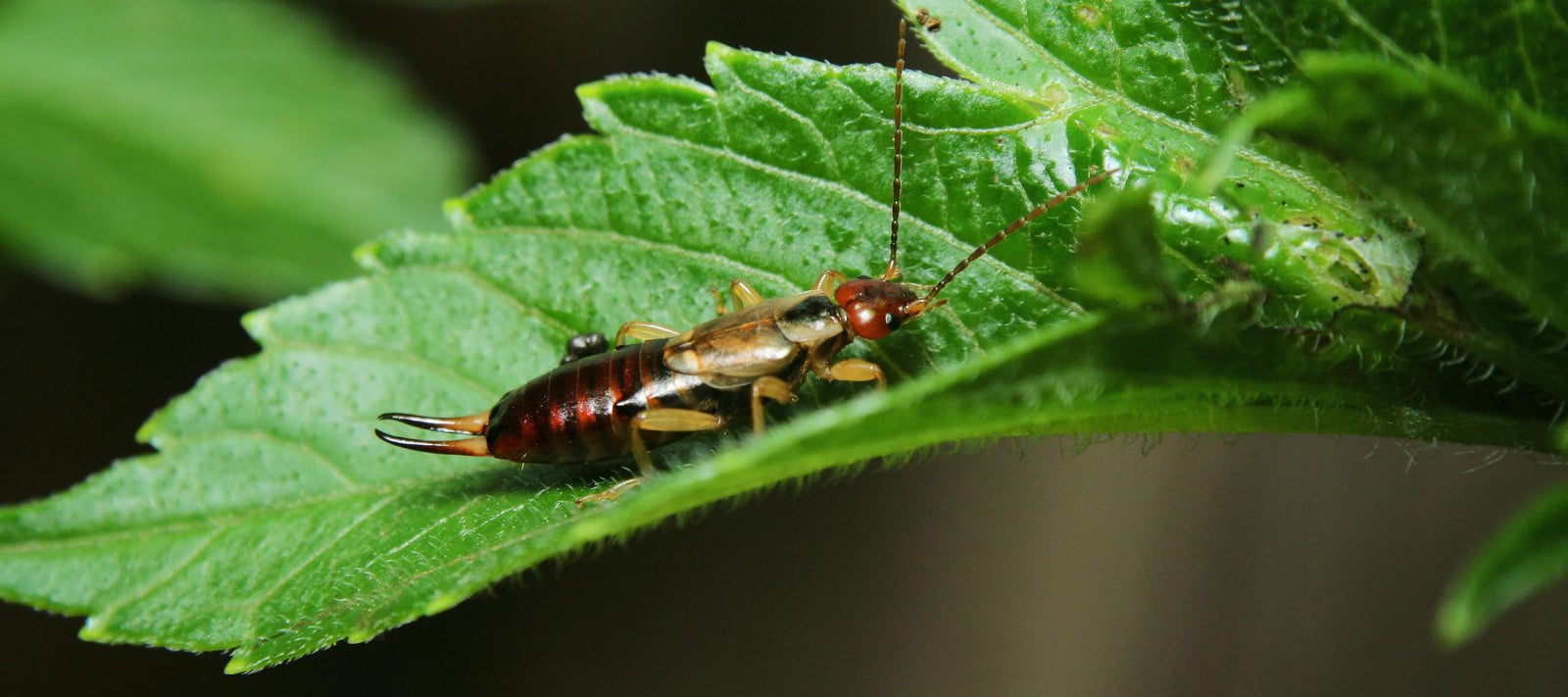
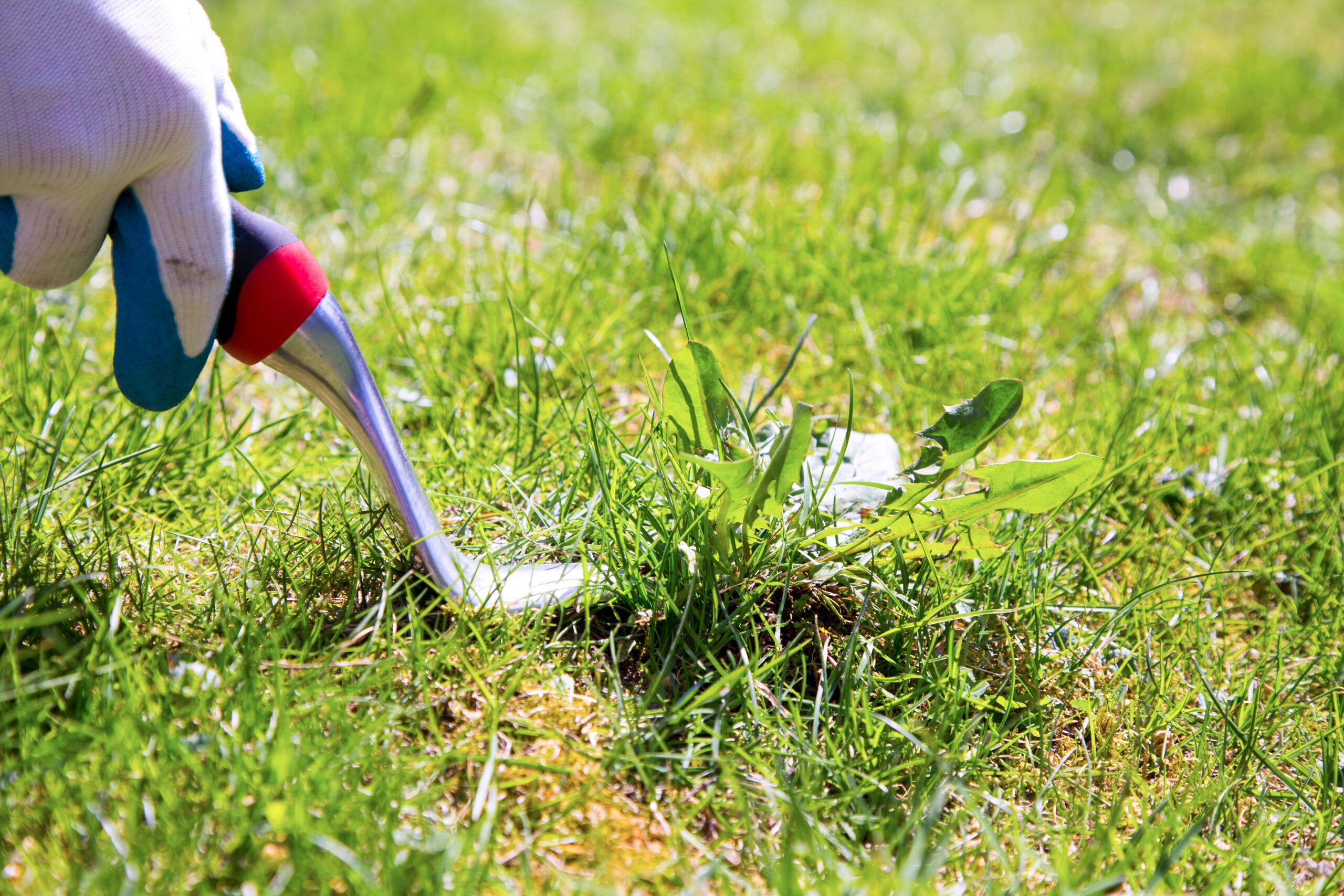
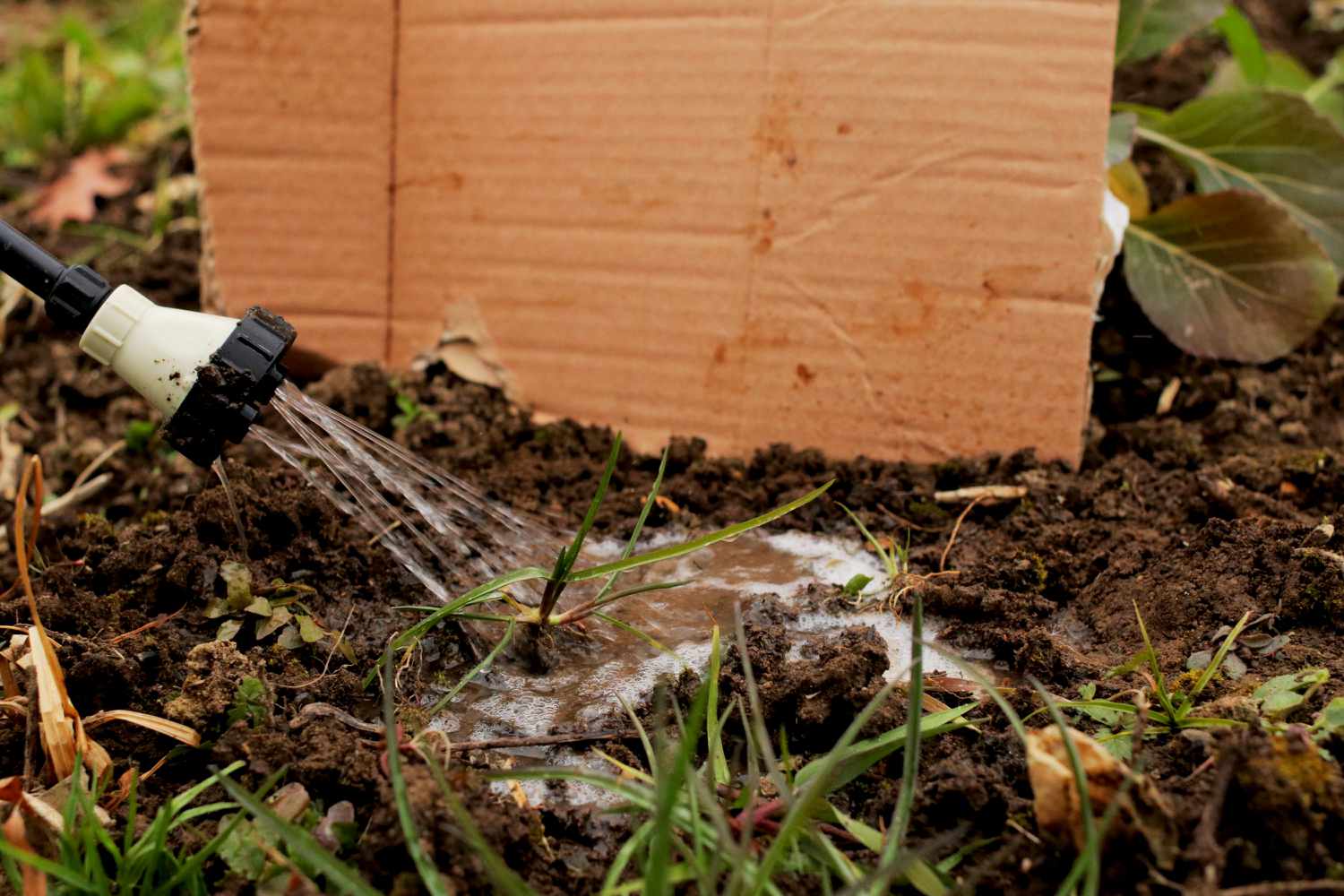
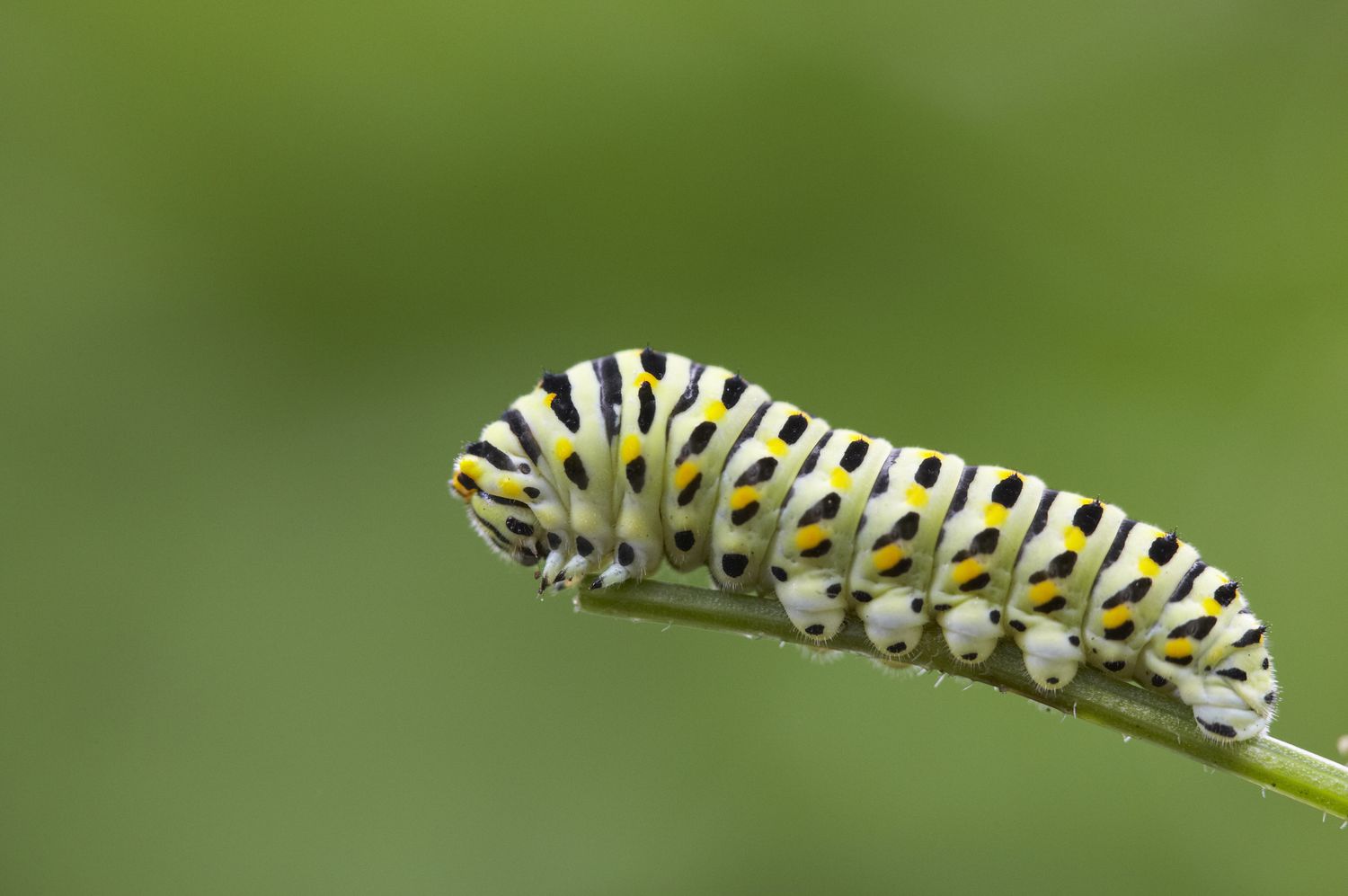
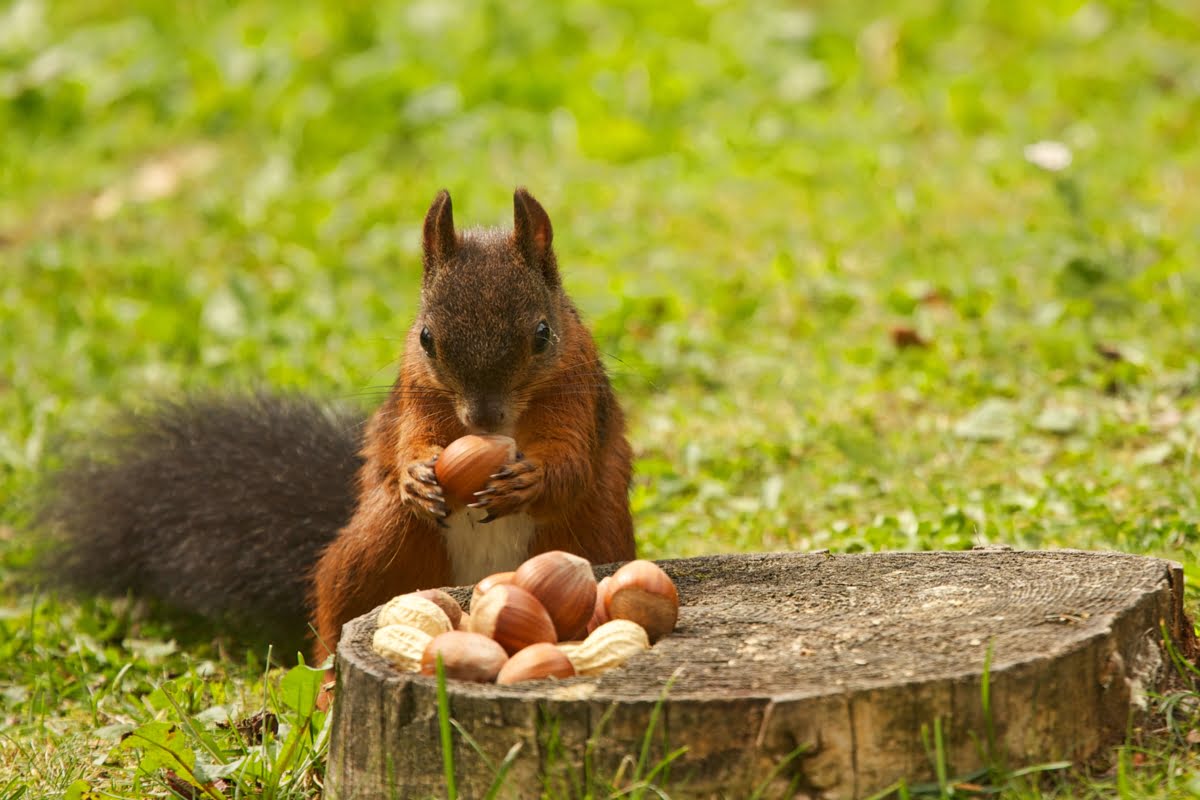
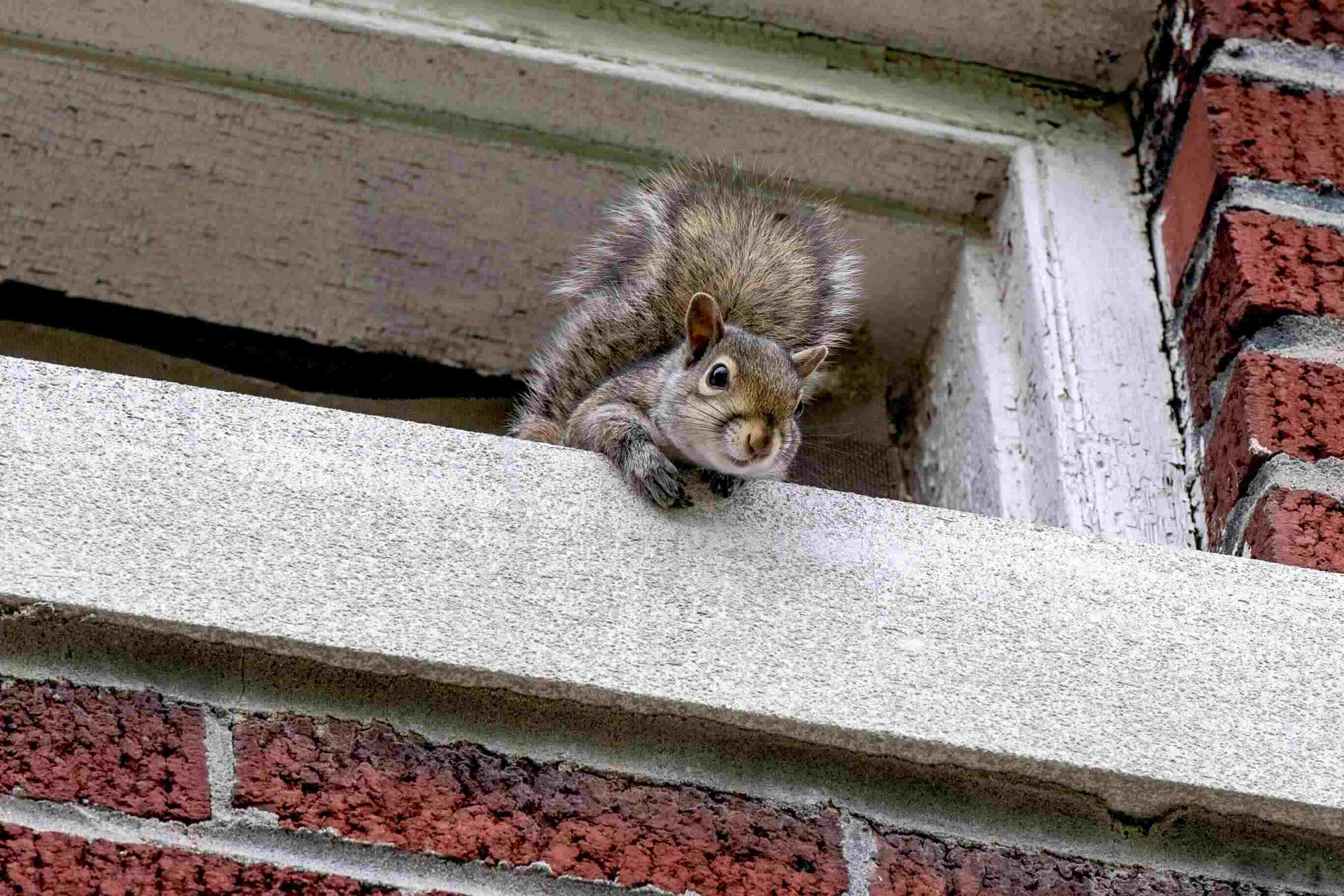

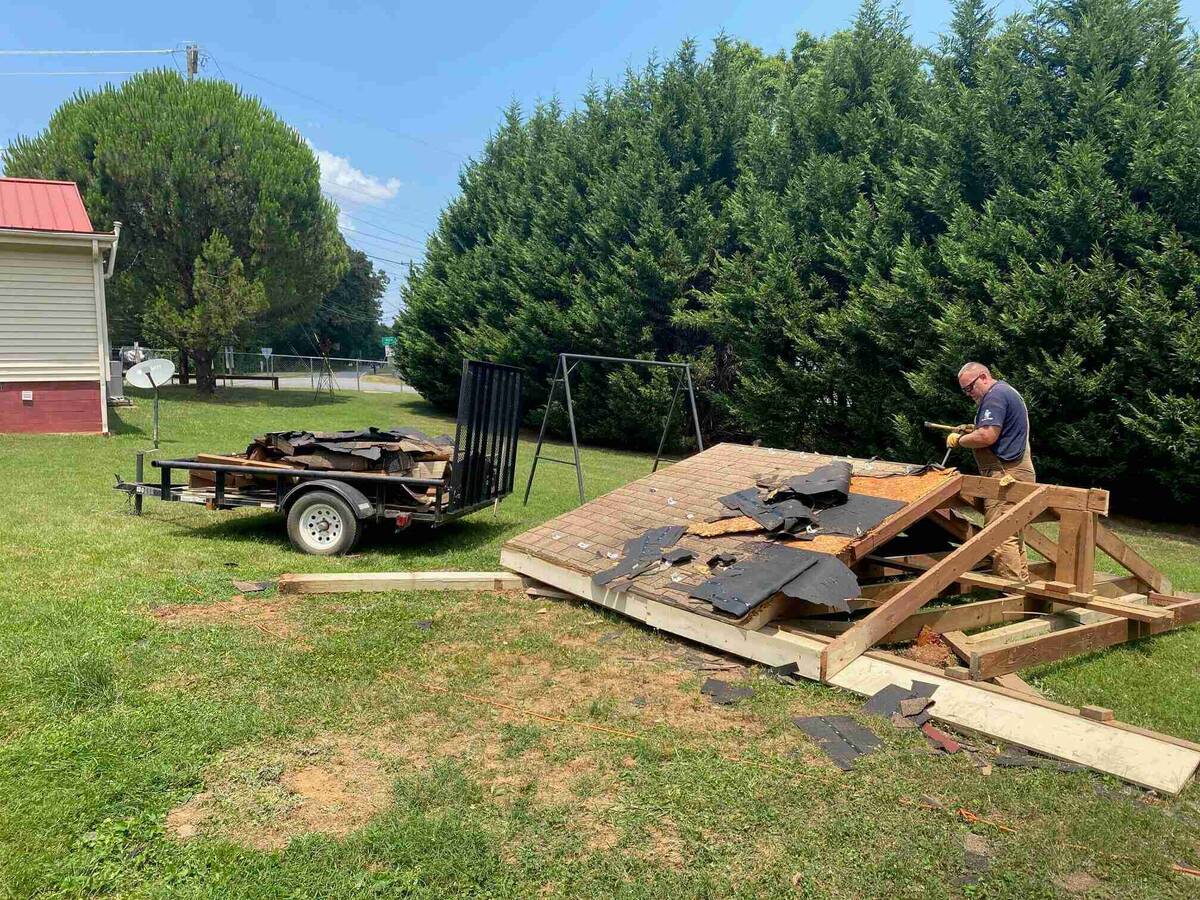
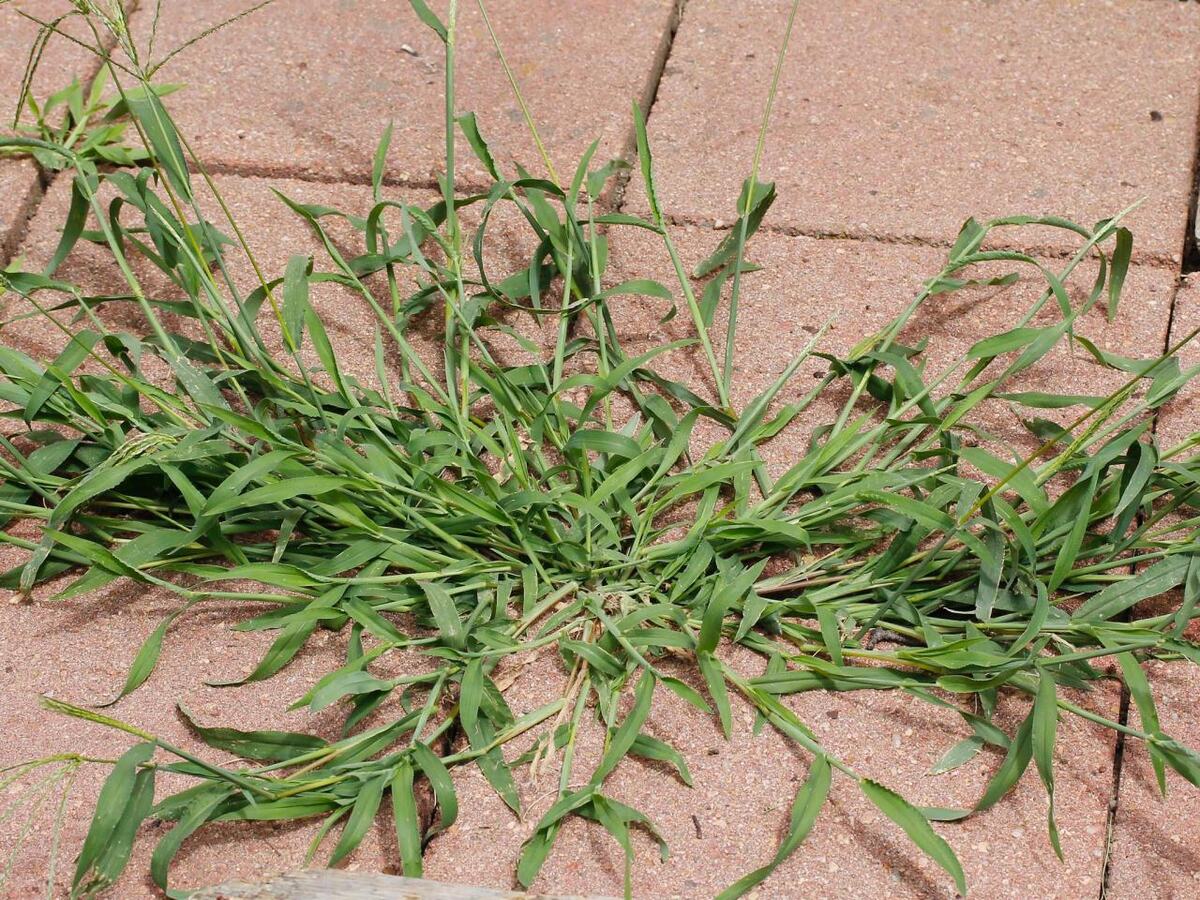
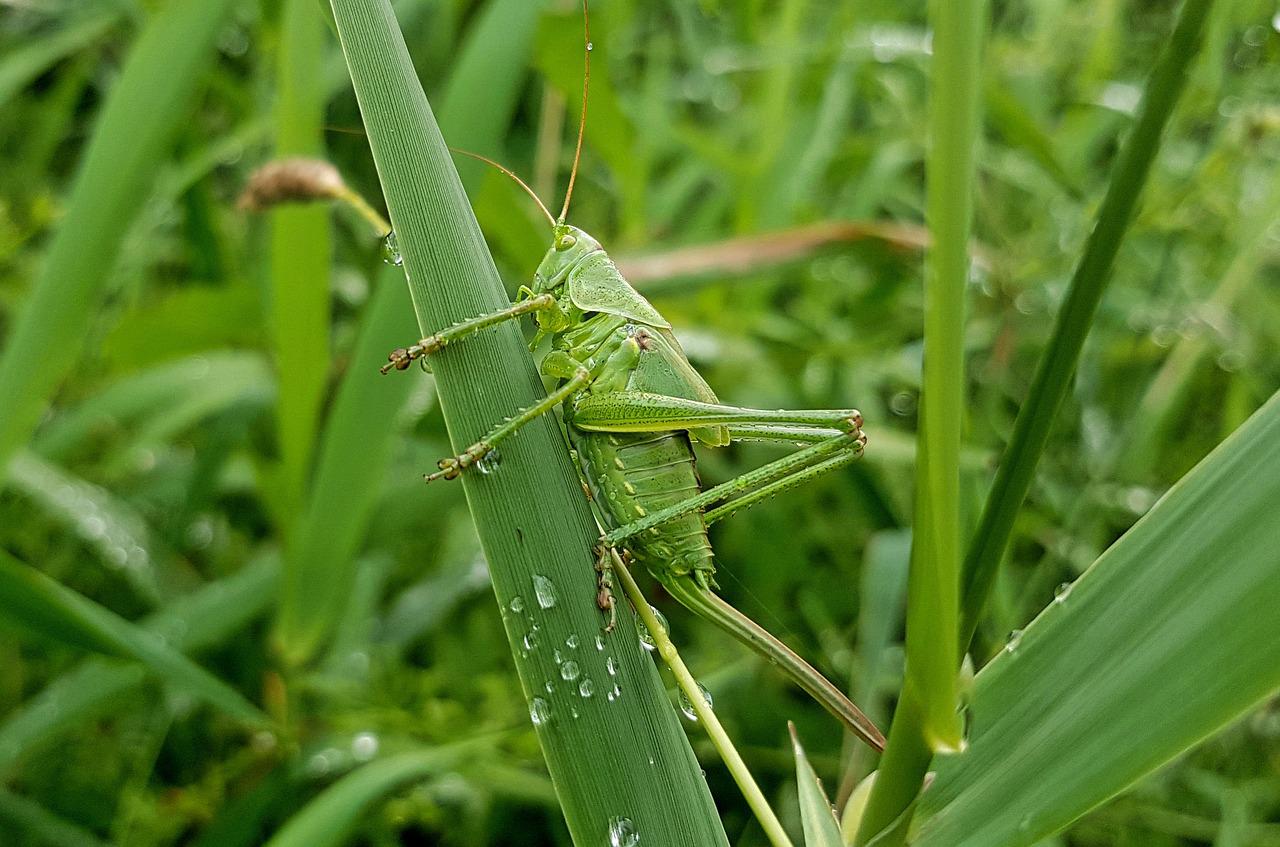

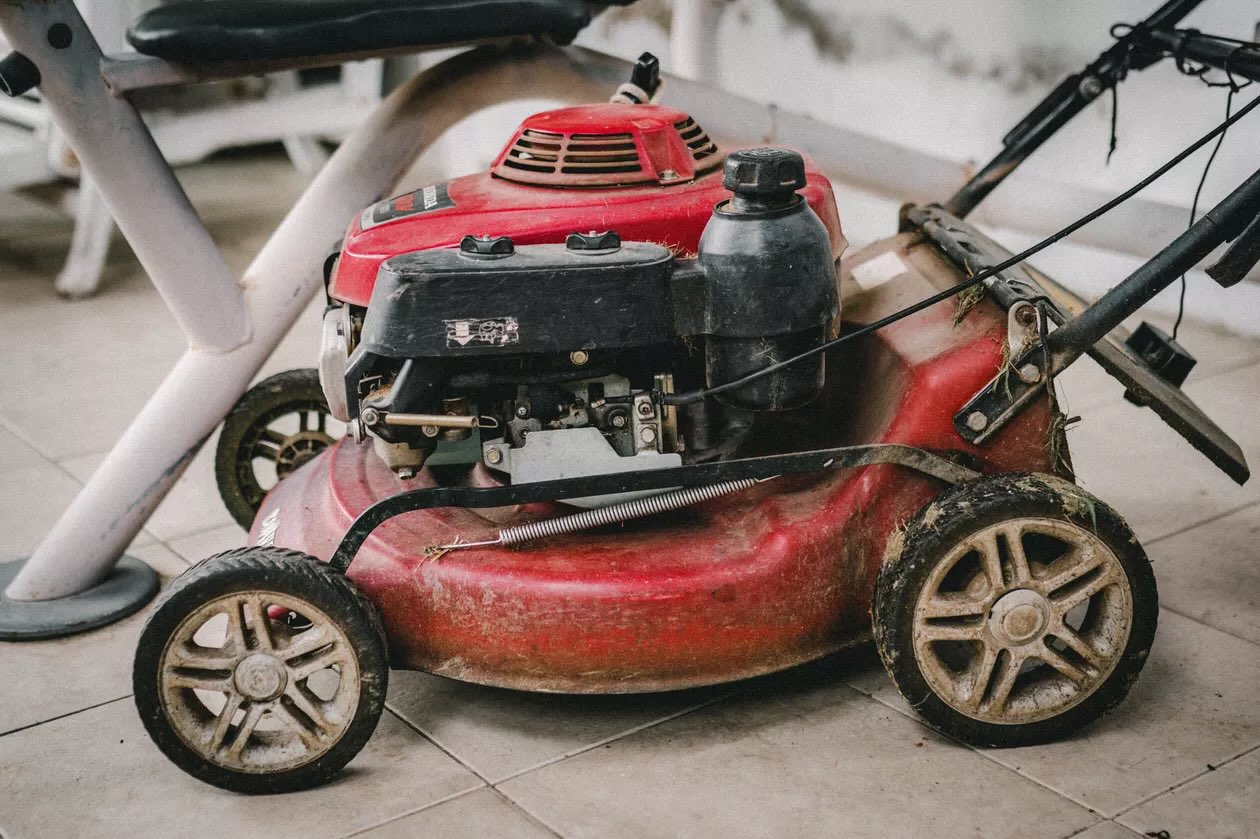
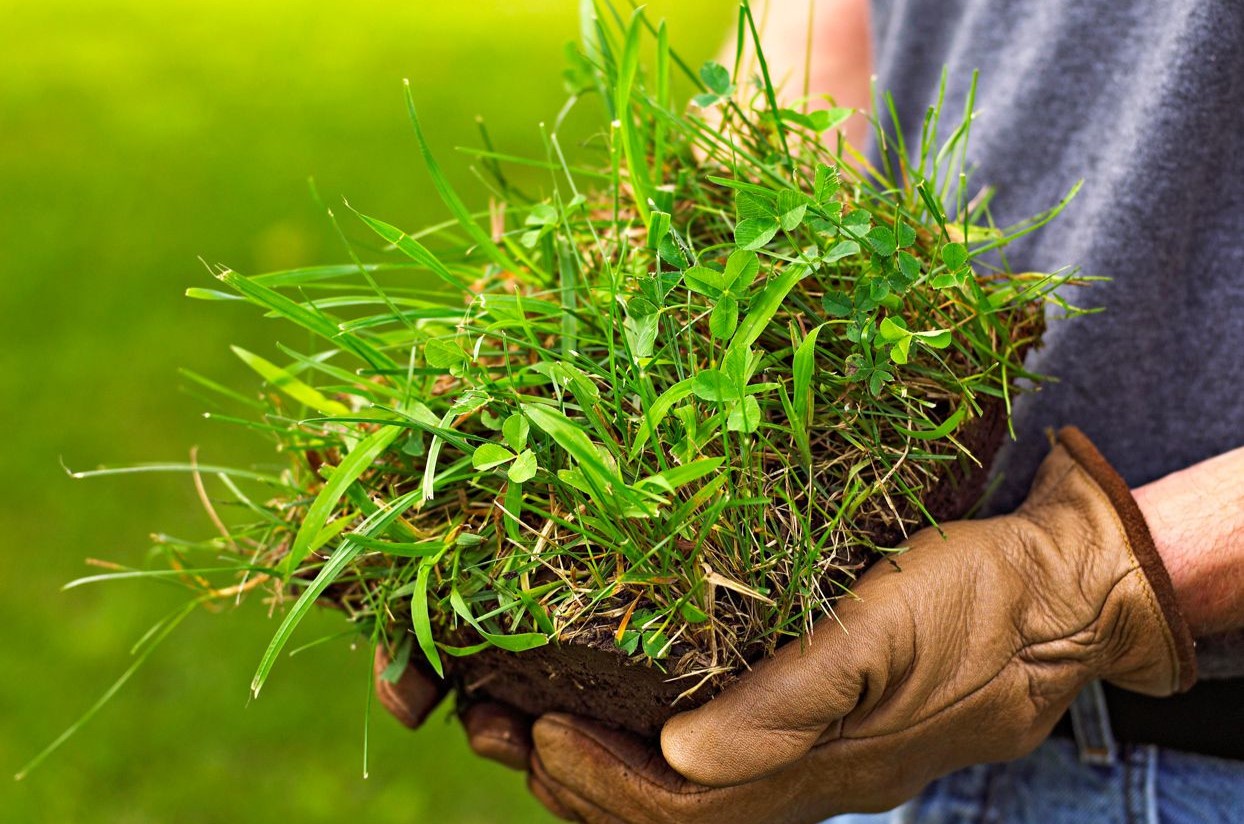
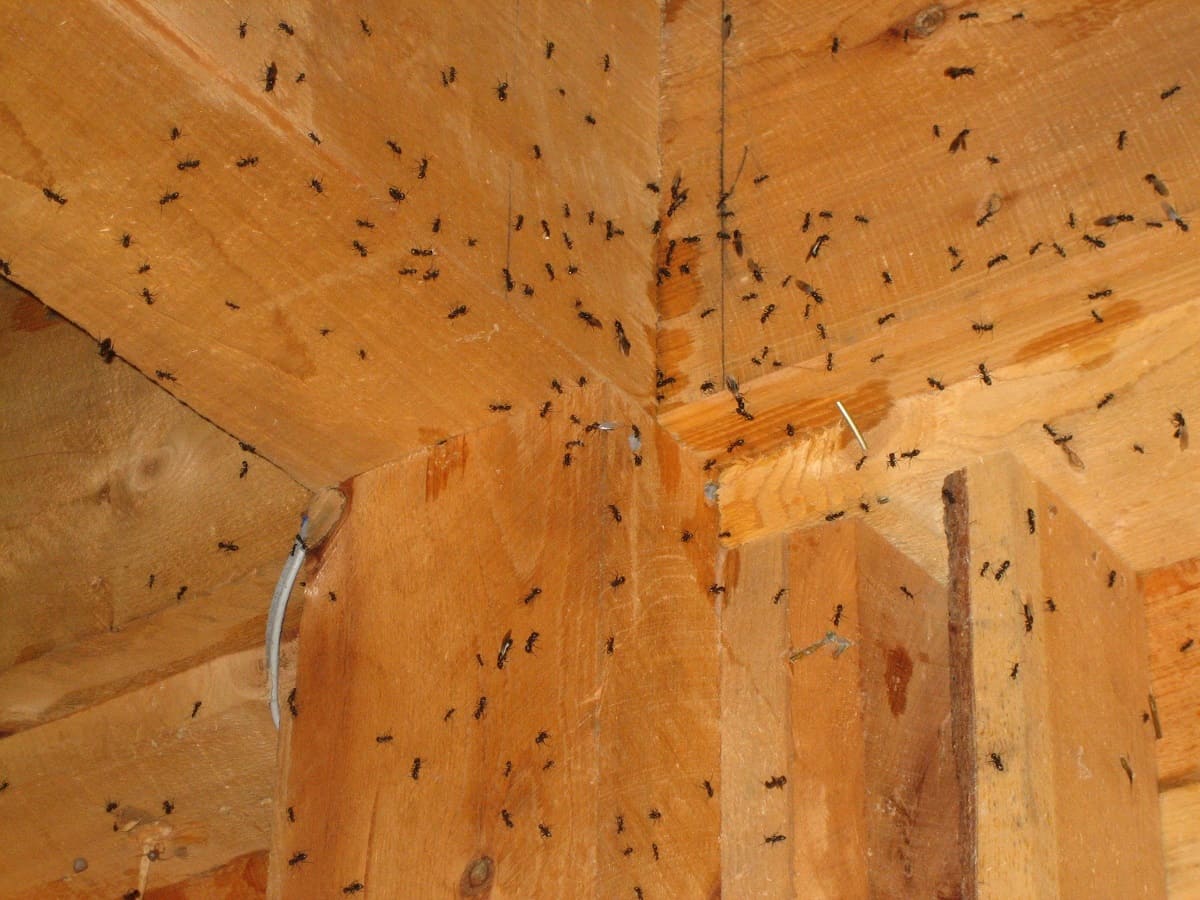

0 thoughts on “How To Get Rid Squirrels In Garden”